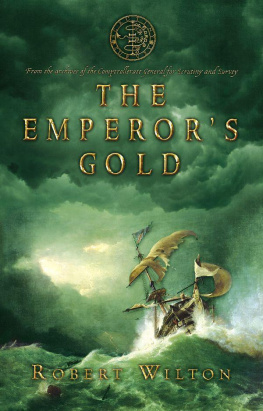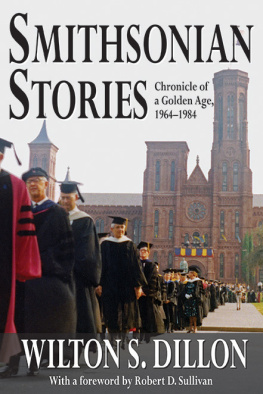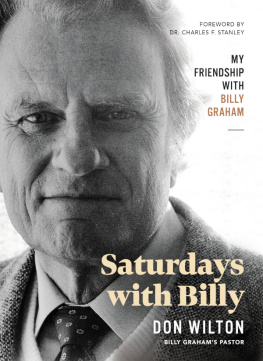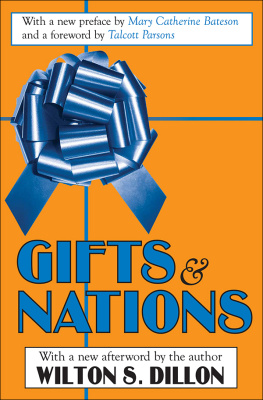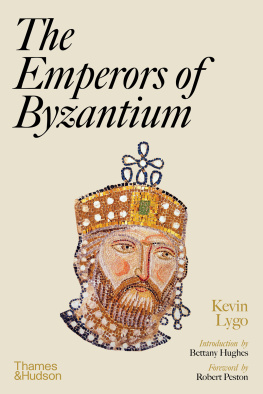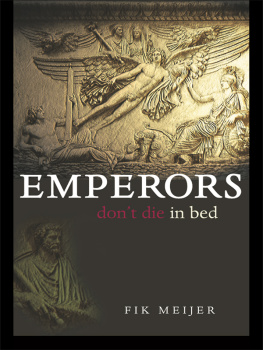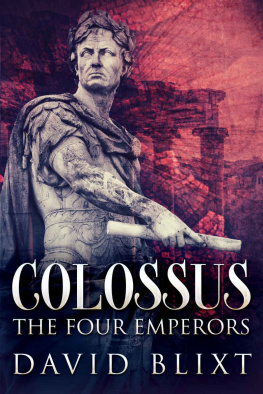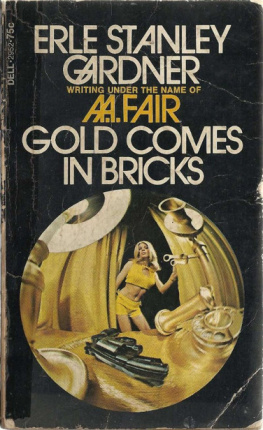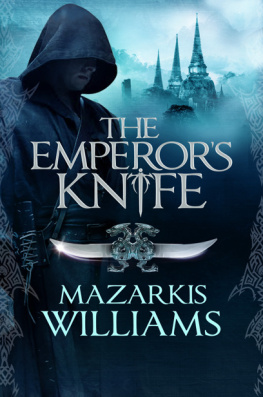Robert Wilton - Emperors Gold
Here you can read online Robert Wilton - Emperors Gold full text of the book (entire story) in english for free. Download pdf and epub, get meaning, cover and reviews about this ebook. year: 2011, publisher: Corvus, genre: Detective and thriller. Description of the work, (preface) as well as reviews are available. Best literature library LitArk.com created for fans of good reading and offers a wide selection of genres:
Romance novel
Science fiction
Adventure
Detective
Science
History
Home and family
Prose
Art
Politics
Computer
Non-fiction
Religion
Business
Children
Humor
Choose a favorite category and find really read worthwhile books. Enjoy immersion in the world of imagination, feel the emotions of the characters or learn something new for yourself, make an fascinating discovery.
- Book:Emperors Gold
- Author:
- Publisher:Corvus
- Genre:
- Year:2011
- Rating:4 / 5
- Favourites:Add to favourites
- Your mark:
- 80
- 1
- 2
- 3
- 4
- 5
Emperors Gold: summary, description and annotation
We offer to read an annotation, description, summary or preface (depends on what the author of the book "Emperors Gold" wrote himself). If you haven't found the necessary information about the book — write in the comments, we will try to find it.
Emperors Gold — read online for free the complete book (whole text) full work
Below is the text of the book, divided by pages. System saving the place of the last page read, allows you to conveniently read the book "Emperors Gold" online for free, without having to search again every time where you left off. Put a bookmark, and you can go to the page where you finished reading at any time.
Font size:
Interval:
Bookmark:

From the archives of the Comptrollerate-General for Scrutiny and Survey
THE
EMPERORS
GOLD

From the archives of the Comptrollerate-General for Scrutiny and Survey
EMPERORS
GOLD
arranged by
ROBERT WILTON

First published in Great Britain in 2011
by Corvus, an imprint of Atlantic Books Ltd.
Copyright Robert Wilton 2011.
The moral right of Robert Wilton to be identified as the author of this work has been asserted in accordance with the
Copyright, Designs and Patents Act of 1988.
All rights reserved. No part of this publication may be reproduced, stored in a retrieval system, or transmitted in any form or by any means, electronic, mechanical, photocopying, recording, or otherwise, without the prior permission of both the copyright owner and the above publisher of this book.
This is a work of fiction. All characters, organizations, and events portrayed in this novel are either products of the authors imagination or are used fictitiously.
9 8 7 6 5 4 3 2 1
A CIP catalogue record for this book is available from the British Library.
Hardback ISBN: 978-1-84887-837-2
Trade paperback ISBN: 978-1-84887-838-9
eBook ISBN: 978-0-85789-436-6
Printed in Great Britain.
Corvus
An imprint of Atlantic Books Ltd
Ormond House
26-27 Boswell Street
London WC1N 3JZ
www.corvus-books.co.uk
for Elizabeth
for everything
for ever

From the archives of the Comptrollerate-General for Scrutiny and Survey
THE
EMPERORS
GOLD
B uried treasure is rare in historical research; I stumbled over the roots of this story by chance. During one stint of my career in the UK Ministry of Defence, I worked in the Old War Office Building, a striking, if not quite successful, piece of Edwardian grandeur on Londons Whitehall. A colleague piqued my curiosity by telling me that, if I visited the MoD library in Scotland Yard (the capitals police took the name with them when they left 120 years ago, and now alas the library has gone too), I could find out who had occupied my impressively panelled office back when we had an Empire and Europe was collapsing into the First World War.
I was disappointed to read that I was not treading in the footsteps of some famous field marshal, but was instead the direct descendant of something called the Comptrollerate-General for Scrutiny and Survey. It didnt even sound military. I soon forgot this dull bit of bureaucracy, whose members had, I imagined, spent the First World War shuffling papers and counting buttons while better men charged to their deaths in the charnel houses of the Somme and Passchendaele.
Then, eighteen months ago, I was trying to pull together a short story involving Christopher Marlowe, the sixteenth-century poet and playwright whose death in a bar-room brawl has long been assumed to be the result of his dabbling in the murky world of Elizabethan political intrigue. Among his activities in the days before his death was one brief interview though it may dramatically have altered the course of his last hours with a court official entitled the Comptroller-General of Scrutiny and Survey.
Intrigued by this connection across the centuries, I went back to the War Office records. There, after a great deal of burrowing and thanks to two MoD librarians whose patience no number of lunchtime beers could ever repay, I found the remarkable archive on which this book draws.
The activities of the Comptrollerate-General for Scrutiny and Survey do not exist in regular records. The further one digs, the more it emerges as a very peculiar institution indeed. That we know anything about it is thanks to the extraordinary man who was its chief during the later part of the First World War. Colonel Valentine Knox was a classic product of that generation, perhaps the last in which it was possible to have a brilliant military career while being certifiably eccentric. After a spat with him in the Boer War, the young Winston Churchill had tried hard to destroy Knoxs career, but later, once the future prime minister had spent time in the trenches in 191516, he described him as one man I would unthinkingly follow into hell itself, on the calculation that Satan would most likely have evacuated the premises, Knox having made them too hot for him. Knox was captured twice and escaped twice, active in every arm of the forces including the fledgling Royal Flying Corps, and was wounded with staggering frequency, the last time when he was blown up in Palestine single-handedly attacking an armoured car while on horseback. By the time he was made Comptroller-General minus an eye and with a German bullet lodged permanently against his spine; some even credited him with a wooden leg he was one of the most highly decorated, and least popular, men in the British army.
Knox had to fight hard to bolster the reputation of his ancient organization in the face of the new espionage departments that would later be known as Military Intelligence (5) and Military Intelligence (6). The best way to do this, he decided, was to bring together and quietly publicize whatever information he could find about the history of the Comptrollerate-General. Since Knoxs disappearance after the war some ninety years ago his archive has been collecting dust in the basements of the War Office and then the Ministry of Defence.
To have it in ones fingers it is a thrilling flirtation with the past, from flowing Elizabethan parchment to florid Edwardian typescript, torn, scorched (like the three small pages catalogued as SS M/827T, which feature in this book) and in one case actually bloodstained. From this frustratingly sparse set of documents springs an astonishing institution: a secret department of the Crown, altering its shape and affiliation and even name over the years, bringing together soldiers, diplomats, entrepreneurs, misfits, fortune-hunters and not a few outright frauds, and active in every significant war and international crisis in British history for at least four centuries always discreetly, usually unofficially, and often at the most precarious moments of national security.
I was keen to tell the story of this extraordinary organization, unknown to the general reader and underrated by professional historians even when theyd heard of it. However, a history of its centuries of existence will take much further research (Im not even sure yet whether the Comptrollerate-General for Scrutiny and Survey is not, in some guise, still operating within the British armed forces or wider government machinery). The records of its individual operations are too fragmentary, and frankly too dry, to make books in themselves. But popular history writing today focuses more on human stories than it used to. Accordingly, The Emperors Gold, the first coherent product of my research, presents one of the organizations operations as a piece of dramatic narrative rather than dry analysis. As well as being a bewildering tale of intrigue, it restores the significance of overlooked episodes such as the London riots of 6 August 1805, and throws new and remarkable light on the naval movements of that autumn, when Britain was within hours of invasion and defeat.
The strategic framework of events for this account is common knowledge. The detail is drawn directly from Knoxs archive of the Comptrollerate-General for Scrutiny and Survey, along with other relevant sources currently available (specific documents are referenced with the SS prefix, or equivalent; references are not given here for the many other documents that have contributed colour and background, including the notes and correspondence of Sir Keith Kinnaird). The exact play of dialogue and emotion is of course my conjecture, consistent with the data and tending, I hope, to illuminate rather than distort what happened. If my fictionalization of these incidental elements inspires the reader to their own investigation of the facts, then so much the better.
Next pageFont size:
Interval:
Bookmark:
Similar books «Emperors Gold»
Look at similar books to Emperors Gold. We have selected literature similar in name and meaning in the hope of providing readers with more options to find new, interesting, not yet read works.
Discussion, reviews of the book Emperors Gold and just readers' own opinions. Leave your comments, write what you think about the work, its meaning or the main characters. Specify what exactly you liked and what you didn't like, and why you think so.

